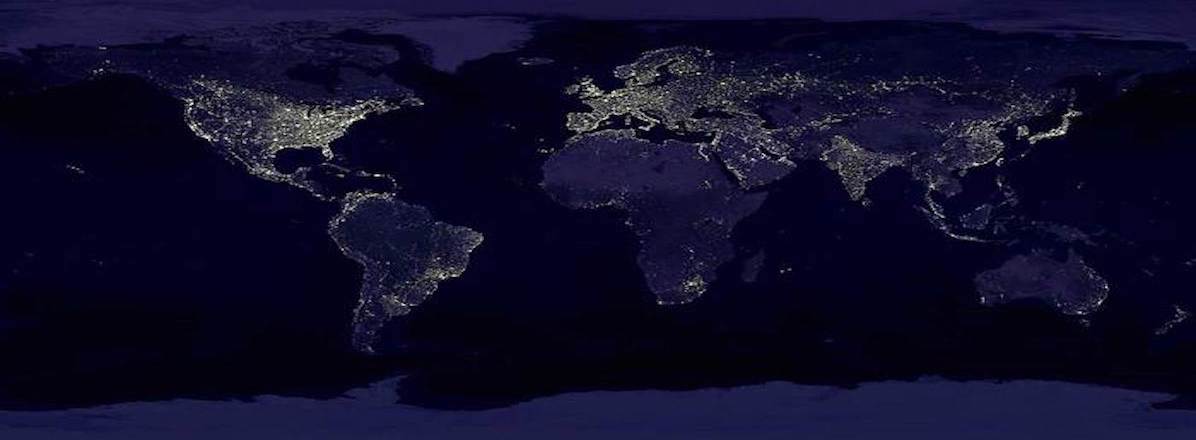A nation must think before it acts.
Foreign State Media, COVID-19 and Portrayals of Global Leadership
May 1, 2020
Post by Taylor Long
Past international crises like the 1918 flu pandemic and the 2008 financial crisis brought about unpredictable changes, altering the world economically, politically, and socially. The current COVID-19 pandemic will be no different. Amid the outbreak, countries have vied to assert their status in the global order via state propaganda. Using the COVID-19 outbreak as an opportunity to achieve strategic messaging goals, the countries included in our FIE 2020 Project—Russia, China and Iran—allude to shifts in global order and highlight the isolation of the U.S. in their state-sponsored media to denigrate the U.S.’s standing on the world stage. Outlets have condemned President Trump’s response to the pandemic, criticizing his “America First” policy, while also highlighting international cooperation, emphasizing that global leadership and aid are no longer dependent on the U.S.
China
China and the U.S.are currently in an information war over the COVID-19 pandemic. President Trump’s response to the pandemic and global leadership have been focal points for the Chinese media outlet the Global Times. China seeks to portray itself as a promoter of globalism in contrast with a retreating U.S., and often blames U.S. nationalism for the severity of the domestic outbreak. The Global Times often suggests China may be the new world leader, writing that “US global leadership is at a low.” The outlet also promotes China’s international cooperation, recommending the world follow China’s lead and situating China as an international ally to all, including Russia and U.S. allies like Canada and the EU. The Global Times applauds China for its international aid and leadership noting that China “has helped more than 80 countries and international organizations.” Chinese media, attempting to build the narrative that China is replacing the U.S. as the world leader, writes that the lack of leadership from the U.S. during the pandemic signals an indisputable end to the “American Century.”
Iran
As Iran faces difficulty handling its own COVID-19 outbreak, PressTV has continued to label U.S.-imposed sanctions as “economic terrorism” and criticize the U.S. for its sanctions affecting the quality of life of its citizens. Iran has attempted to elevate this anti-U.S. narrative by publicly criticizing the U.S.’s attempt to block a $5 billion emergency loan from the International Monetary Fund (IMF). PressTV highlights countries like China and Cuba coming to Iran’s defense, casting the U.S. as untrustworthy and acting against global interest. The outlet also appears to have republished a Guardian article that covered a statement by former U.S., EU and NATO officials that called for the U.S. to ease up on its sanctions on Iran. Another article even promoted the Pope coming to Iran’s defense.
Russia
While Chinese media focuses heavily on a shifting global order and Iran on portraying the U.S. as a pariah, Russia’s Sputnik and RT use both lenses in their coverage. Russia joins much of the international community in criticizing the U.S.’s sanctions on Iran and the U.S. withdrawal of funding for the WHO. Like the Global Times, Russian media has applauded the efforts by the Russian and Chinese governments to provide aid worldwide. Kremlin news, of course, calls attention specifically to the Russian support being provided to the U.S. and Italy. Russian outlets also amplify Chinese talking points about shifts in the global order, refuting “anti-China” narratives and promoting China’s strategy of global cooperation. Russian media also highlights the U.S.’s decaying relationships with allies Germany, South Korea, and Canada, among others. For example, one RT article promoted a poll that found Italians would rather form an alliance with China than the U.S. By focusing on Russia and China’s global leadership while the U.S. isolates under its “America First” strategy, Kremlin media suggests that Russia and China may be closing the chapter on the “American Century.”




